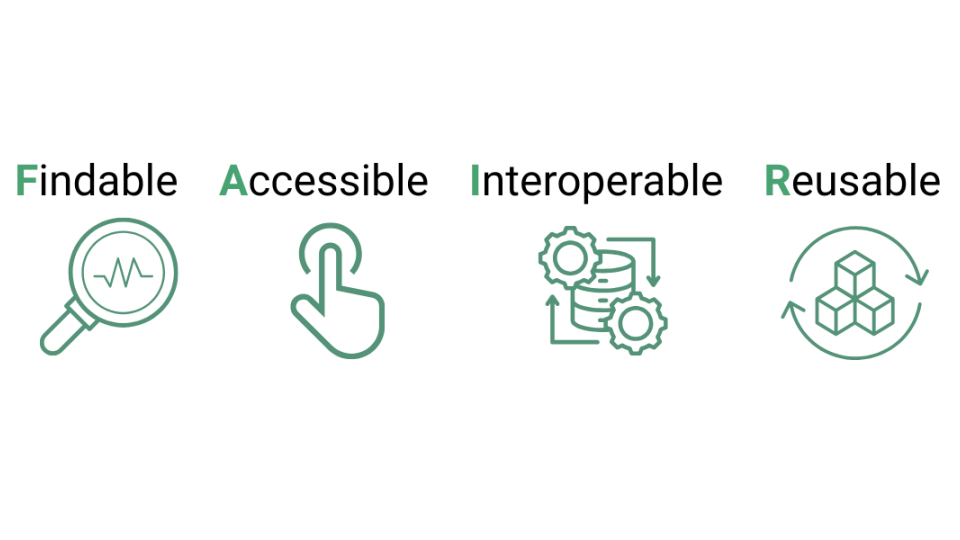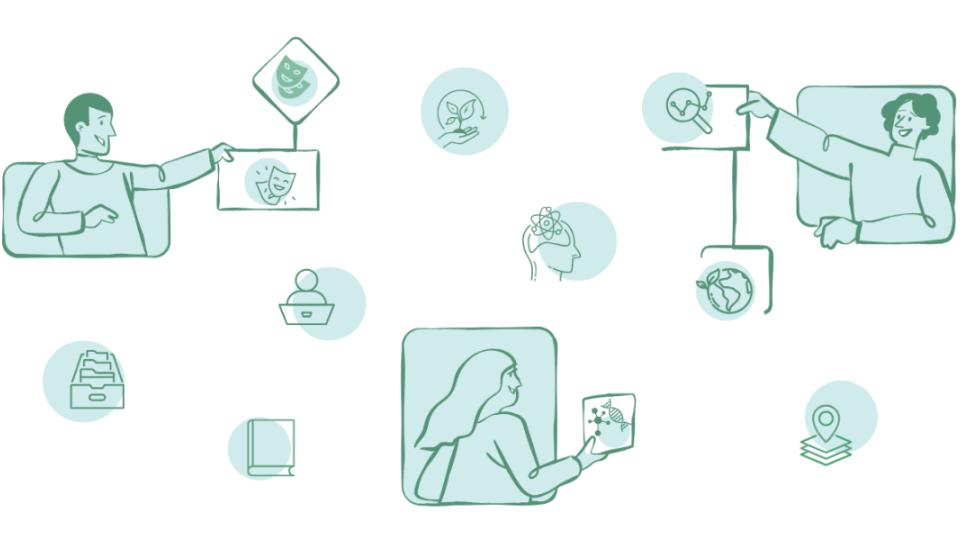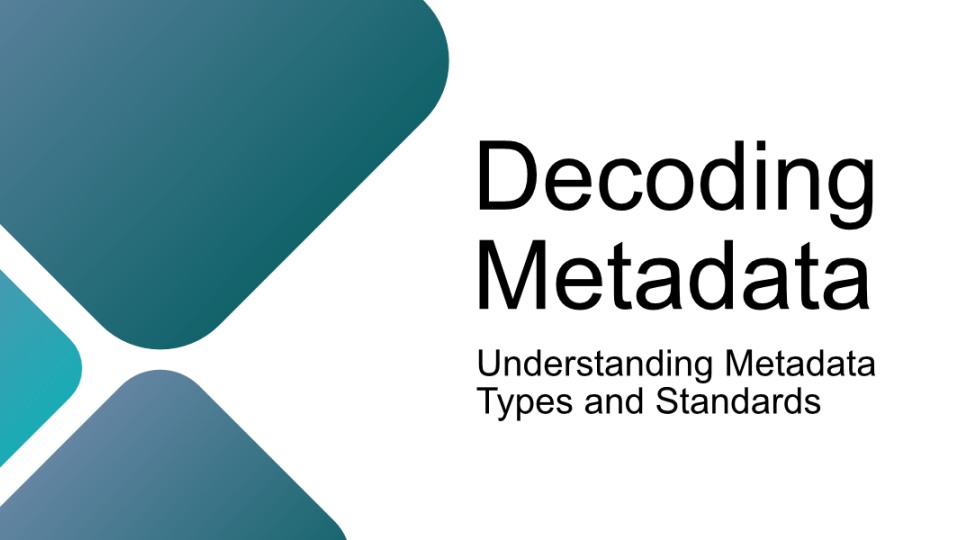NewHoRRIzon is a project that aims at further integrating Responsible Research and Innovation (RRI) in the research and innovation systems on national and international levels. The concept of RRI is an approach that intends to bridge gaps between science, research, and innovation communities and society at large by fostering more inclusive, anticipatory, open, and responsive research and innovation systems. In this frame, multiple stakeholders (from research, business, policy-making, education, and civil society) are involved in research and innovation on the project and system level to better align its processes and outcomes with the values, needs, and expectations of society. The first big step was the operationalisation of RRI into the following six key elements: ethics, gender equality, governance, public engagement, science education, and open access.
Objectives
- Foster the integration of RRI into European, national, and local Research and Innovation practice and funding.
- Organise 19 Social Labs, co-create pilot actions and activities, and develop narratives and storylines based on the experience of these pilots.
- Develop and disseminate a concept of Societal Readiness of Technology (= Societal Readiness Levels).
- Raise awareness on Responsible Research and Innovation and mainstream RRI best practices and NewHoRRIzon results.
- Provide results on how to better integrate RRI into the next European Framework Programme.
- Create a RRI Network including the national funding agencies and develop a RRI community starting with a RRI Ambassadors programme.
Thinking Tool
NewHoRRIzon aims to promote Responsible Research and Innovation (RRI) in the research and innovation systems on national and international levels. As part of this ambition, NewHoRRIzon is concerned with integrating RRI coherently across all stages of research and innovation project development and implementation.
NewHoRRIzon provides the Societal Readiness (SR) Thinking Tool, which offers practical guidance on how to mature the societal readiness of research projects. The tool was developed in a three-step procedure (concept, design, validation) involving the consortium and participants in the Social Labs. Each step has been reported in a separate deliverable.
The SR Thinking Tool provides a generic methodology allowing researchers to reflect on the societal impact of their work at critical stages in the project life cycle. The primary goal is to help researchers align their project activities with societal needs and expectations. The SR Thinking Tool asks reflective questions to stimulate thinking about how to integrate ideas about RRI into research practice.
The SR Thinking Tool is web-based and can be accessed here.



